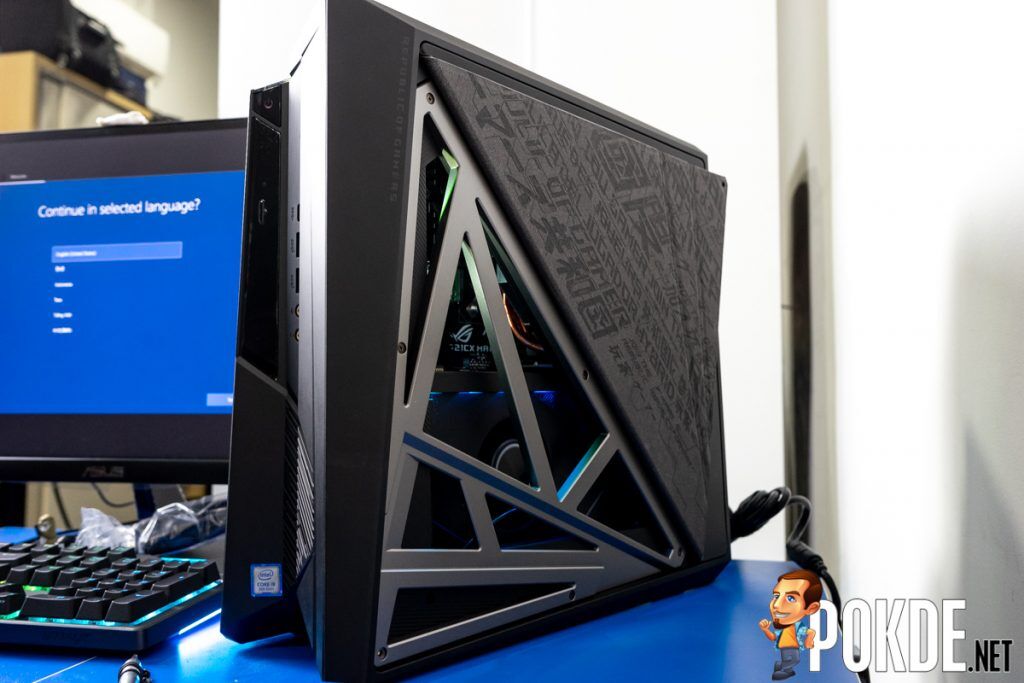Intel quietly released the 11th Gen Tiger Lake desktop processors?
The current crop of 11th Gen Intel Core desktop processors are based on the Rocket Lake architecture, which is based on the Sunny Cove core architecture backported for the 14nm process. But these new chips spotted on Intel’s website will apparently be the 11th Gen Tiger Lake desktop processors. We have the new Intel Core i3-11100B, Core i5-11500B, Core i7-11700B and Core i9-11900KB that will bring 10nm Tiger Lake to the desktop segment.
Somehow, the processors are marked as “Launched” in Q2 2021, although we have not seen any products featuring them. All of them also apparently support Thermal Velocity Boost of up to 5.3GHz, although that’s most probably a typo, as on the Core i3-11100B, that would be a massive 900MHz boost over its max turbo frequency. Thermal Velocity Boost, or TVB for short, was notably missing from the 11th Gen Intel Core H-series processors.
We did ask Intel about this, and they told us that they have optimized the processors to deliver optimal balance of performance and power in all situations without the need of a specific feature to take advantage of non-thermally constrained situations. So maybe Intel saw it fit to let the Tiger Lake desktop processors to further stretch their legs, since we will probably see much better cooling in desktop builds.
Much of the specifications of the 11th Gen Tiger Lake desktop processors here are similar to the 11th Gen Tiger Lake H-series processors, but they do tout a significantly higher TDP of 65W. The Core i3-11100B is also a 4C/8T part. The 11th Gen Tiger Lake H-series processors starts from 6C/12T configurations, so this might be targeted towards the budget desktop pre-builts. Meanwhile the Intel Core i9-11900KB boosts less than the Core i9-11980HK, but might have the benefit of TVB to hit up to 5.3GHz.
11th Gen Tiger Lake Desktop Processors Specs
| Cores/Threads | Base Clock/Max Boost Clock (GHz) | Thermal Velocity Boost | L3 Cache | iGPU | TDP | |
| Intel Core i9-11900KB | 8C/16T | 3.3/4.9 (ITBM 3.0) | Yes, 5.3GHz | 24MB | Intel UHD Graphics, 32EU @ up to 1.45GHz | 65W |
| Intel Core i7-11700B | 8C/16T | 3.2/4.8 (ITBM 3.0) | Yes, 5.3GHz | 24MB | Intel UHD Graphics, 32EU @ up to 1.45GHz | 65W |
| Intel Core i5-11500B | 6C/12T | 3.3/4.6 (ITBM 3.0) | Yes, 5.3GHz | 12MB | Intel UHD Graphics, 32EU @ up to 1.45GHz | 65W |
| Intel Core i3-11100B | 4C/8T | 3.6/4.4 ((ITBM 3.0) | Yes, 5.3GHz | 12MB | Intel UHD Graphics, 32EU @ up to 1.45GHz | 65W |
One thing to note is that they might not fit in the current-gen LGA1200 socket. Instead they will apparently be BGA parts like the 11th Gen Tiger Lake H-series processors. Intel has listed the FCBGA1787 socket for the Core i9-11900KB, which is the same as the current crop of the 11th Gen Intel Core H-series processors, but somehow omitted the socket for the other 11th Gen Tiger Lake processors.
I guess it will most probably be offered to OEMs wanting to offer compact gaming desktops like the ROG Huracan or MSI Trident, instead of the DIY enthusiast market. It is worth noting that both ASUS and MSI used desktop processors in their previous-gen console-sized gaming PCs, but maybe that will change.
It looks like Intel will be walking the talk with their claims of scalability with their recent designs. As you might have known, they created a new Intel Tiger Lake H35 segment, based on the 11th Gen Tiger Lake U-series processors but with a higher power limit. This might be the upscaled version of the Tiger Lake H-series, targeted towards desktop implementations.
Pokdepinion: I think that puts the latest 11th Gen Rocket Lake processors in a pretty odd position… Will we see pre-builts that will handily outperform standard desktop PCs based on Rocket Lake with lower power consumption figures?
























